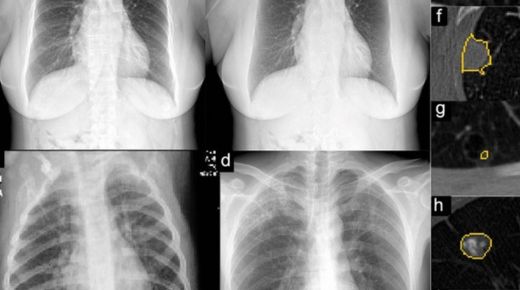Infertility can be a challenging journey. Many face emotional stress and uncertainty. Psychological counseling plays a crucial role in guiding those struggling with infertility. It offers support, understanding, and coping strategies. Just like allergy testing new jersey helps identify triggers, counseling helps identify emotional stressors. Let’s explore how counseling can make a difference in infertility treatment.
Understanding Infertility and Emotional Well-being
Infertility affects about 10-15% of couples worldwide. The emotional toll can be significant. Feelings of frustration, sadness, and anxiety are common. Counseling can provide a safe space to express these emotions. It can also help in developing healthy coping mechanisms.
How Counseling Supports Infertility Treatment
Psychological counseling offers several benefits to those undergoing infertility treatment:
- Emotional Support: Counseling provides a platform to discuss fears and concerns.
- Stress Management: Techniques like mindfulness can reduce stress levels.
- Improved Communication: Counseling helps couples communicate better, strengthening their relationship.
Comparison of Psychological Counseling and Other Support Methods
| Support Method | Focus | Benefits |
| Counseling | Emotional and mental health | Provides coping strategies and emotional support |
| Support Groups | Community and shared experiences | Offers a sense of belonging and shared knowledge |
| Online Resources | Information access | Provides educational materials and forums |
When to Seek Counseling
It is beneficial to seek counseling at any stage of infertility treatment. Some signs that it might be time to talk to a counselor include:
- Persistent feelings of sadness or anxiety
- Difficulty communicating with a partner
- Feeling overwhelmed by treatment decisions
The Counseling Process
Counseling sessions are typically structured and goal-oriented. They might include:
- Initial Assessment: Understanding the couple’s emotional and mental health.
- Goal Setting: Identifying what the couple wants to achieve through counseling.
- Regular Sessions: Weekly or bi-weekly meetings to work through challenges.
Benefits Backed by Research
Research supports the positive impact of counseling during infertility treatment. According to the National Institutes of Health, stress reduction techniques can improve treatment outcomes. Counseling not only addresses emotional health but also can positively influence physical health.
Conclusion
Infertility can feel isolating, but psychological counseling offers valuable support. It helps in managing emotions, reducing stress, and improving communication. By integrating counseling with medical treatment, the journey can become more manageable. For more detailed insights and resources, consider visiting the CDC’s infertility resources. Remember, it’s not just about the destination but also finding support along the way.




